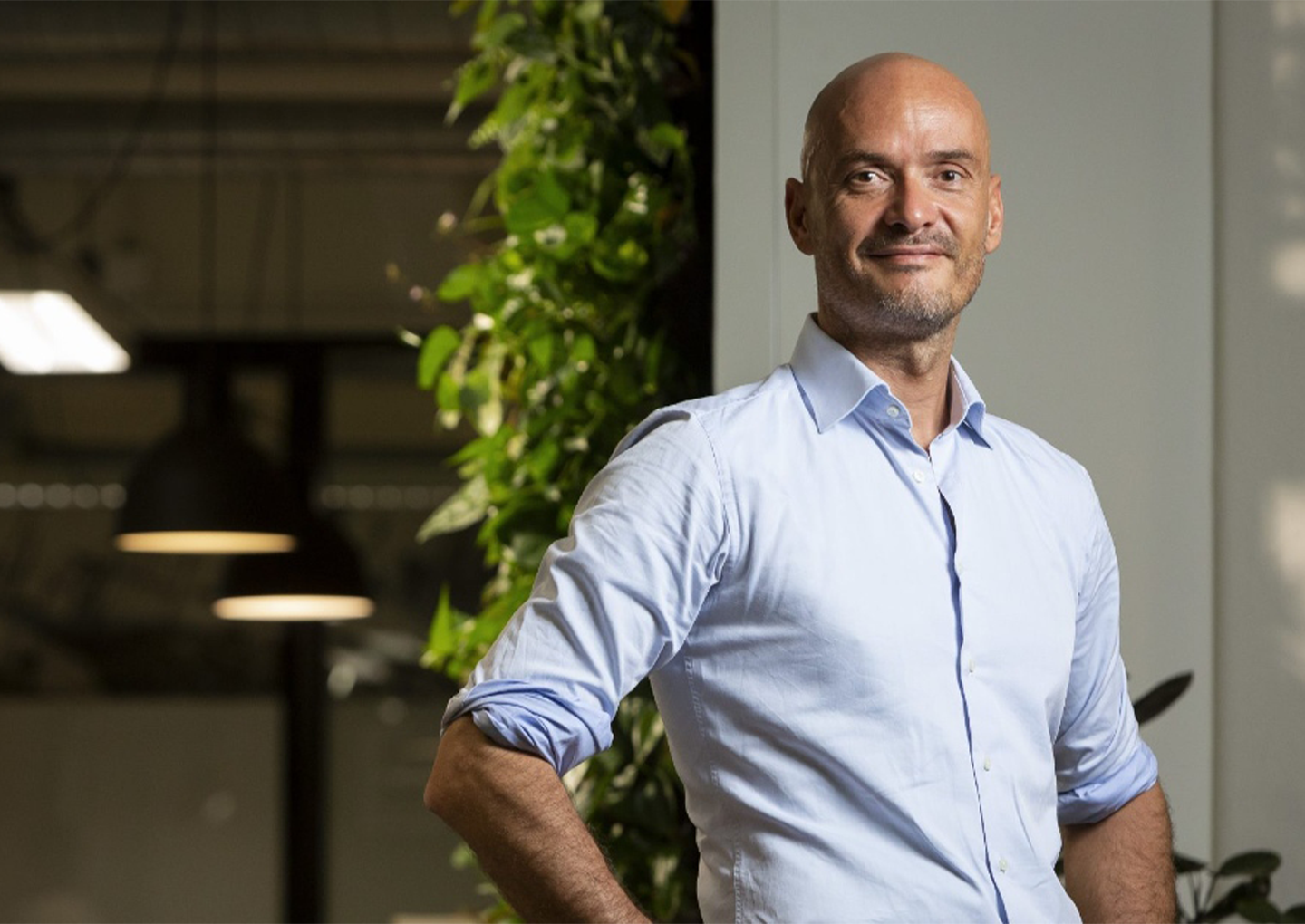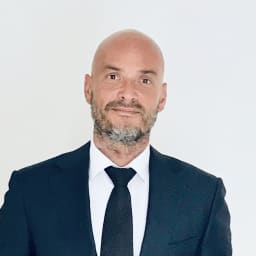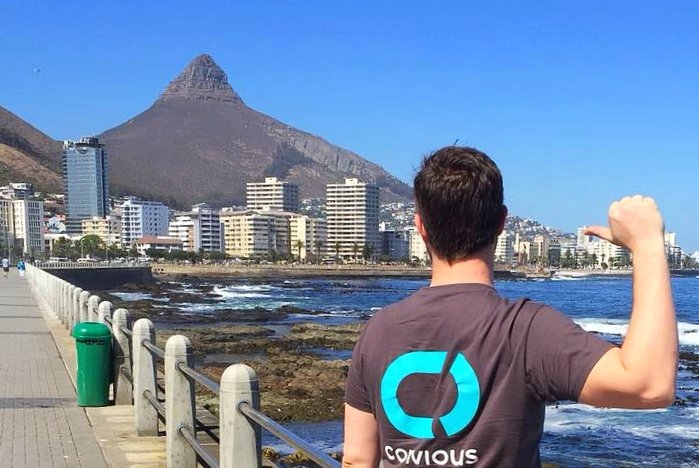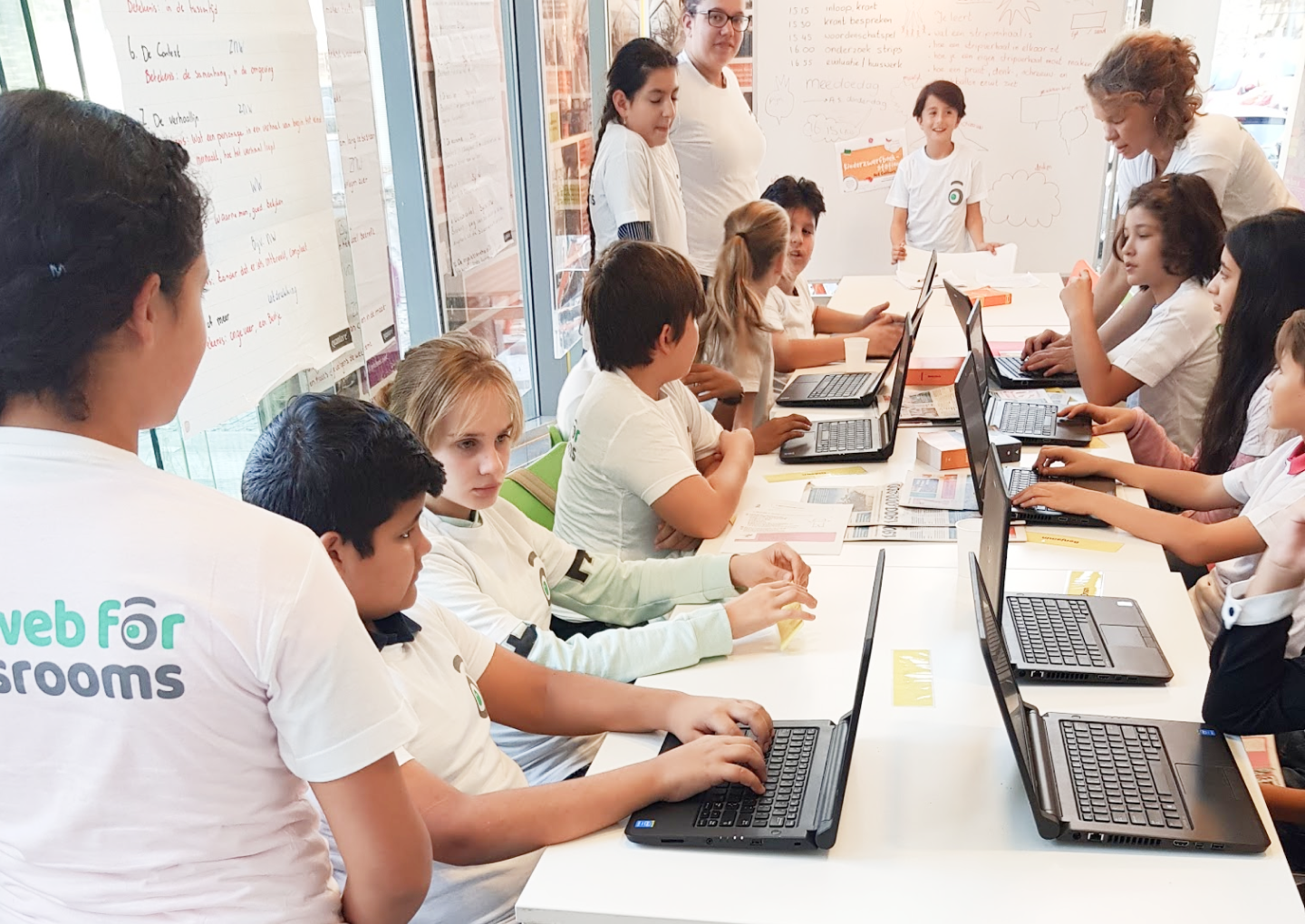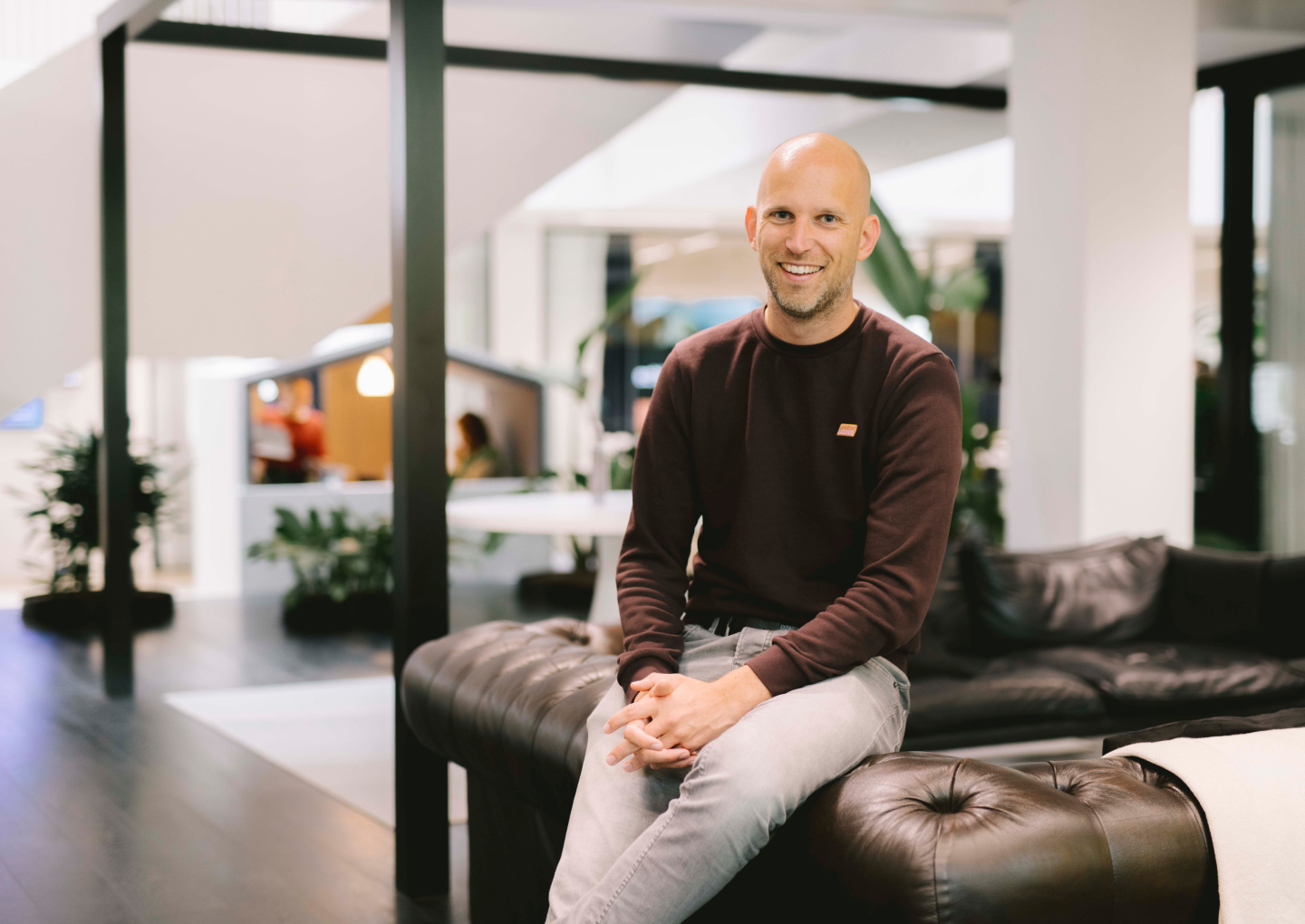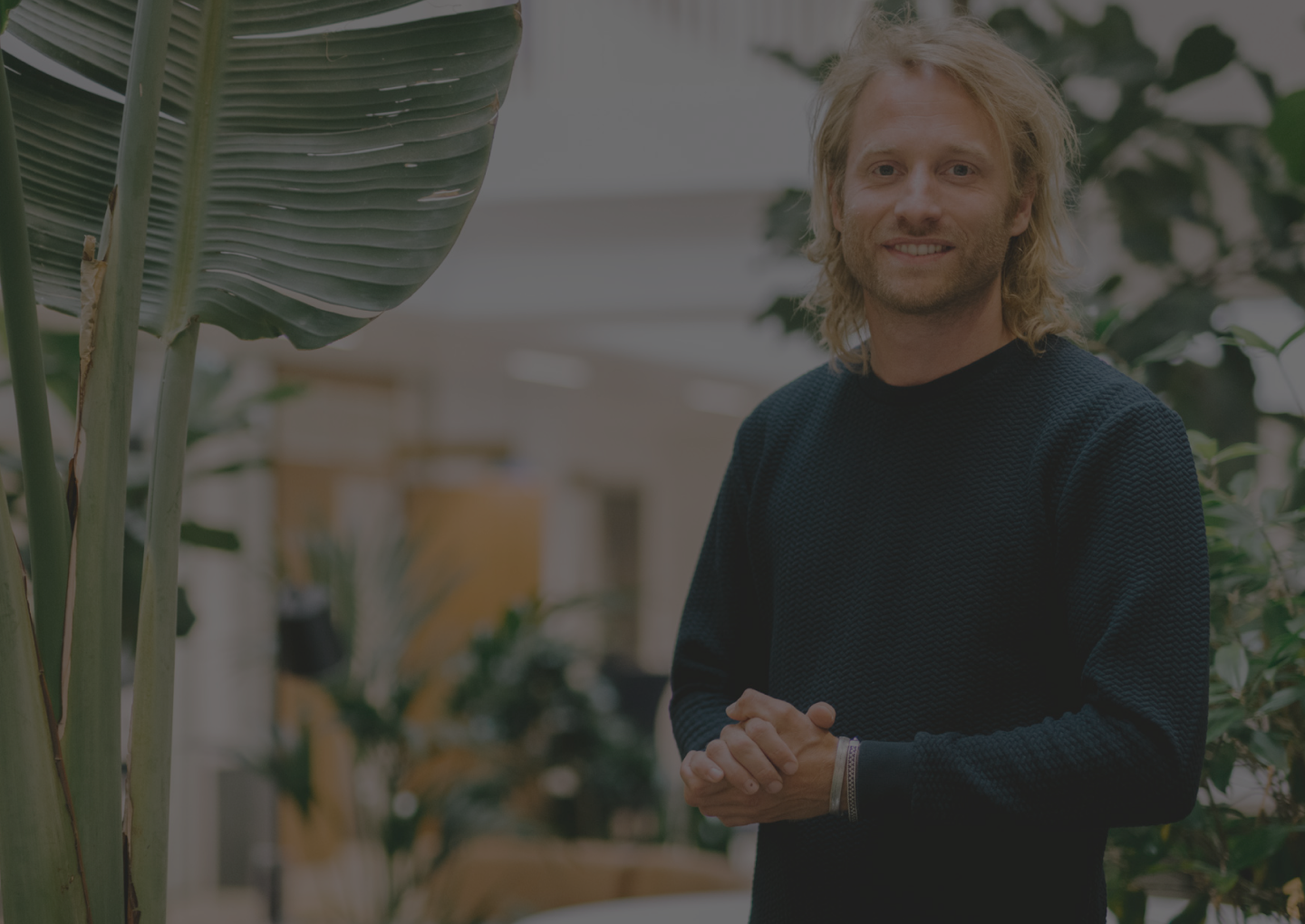Upon being asked to share the best bits of business advice he’d ever been given, Camiel recalled a piece of wisdom from the owner of Bwin, who sponsored Spanish footballing royalty Real Madrid at the time.
“Care about the problem, care about the solution, and not so much about the industry that you’re in. He said: ‘I’m not a great football fan, but I don’t need to be a football fan to understand how important football is for the rest of the world and how I can benefit from a company perspective.’
“It’s not so much that you don’t need to care about the industry, it’s more care about the problem and solution, get that right and then you can be successful basically in any industry. That’s something that I like a lot, I don’t want to be successful in one industry, I like it to be in several.“
The other is to not care too much, in the sense that when you find things are beginning to affect you personally, outside of the business, then for your own sake you must be able to take a step back. Naturally, you’ll devote a lot of time to your business, particularly in the early days, and that’s fine. However, losing that balance, in the long run, becomes counter-productive.
Finally, Camiel shared his own key bits of advice that he would offer to someone just getting started on their entrepreneurial journey.
“Don’t let anybody tell you not to do it. Don’t ask your friends, because they’ll say it’s a great idea. Be resilient,” were his three parting tips for his fellow founders.

